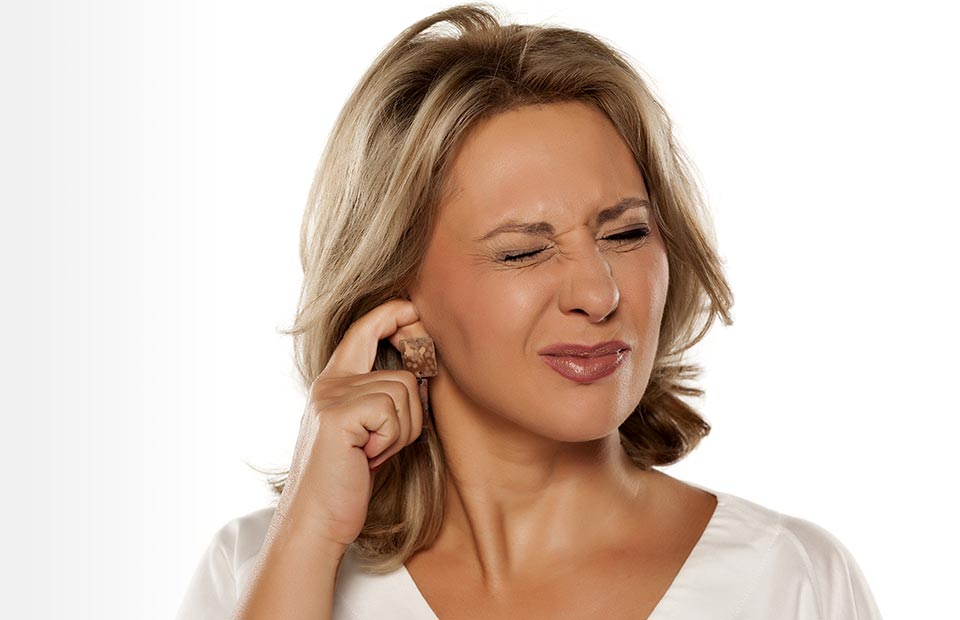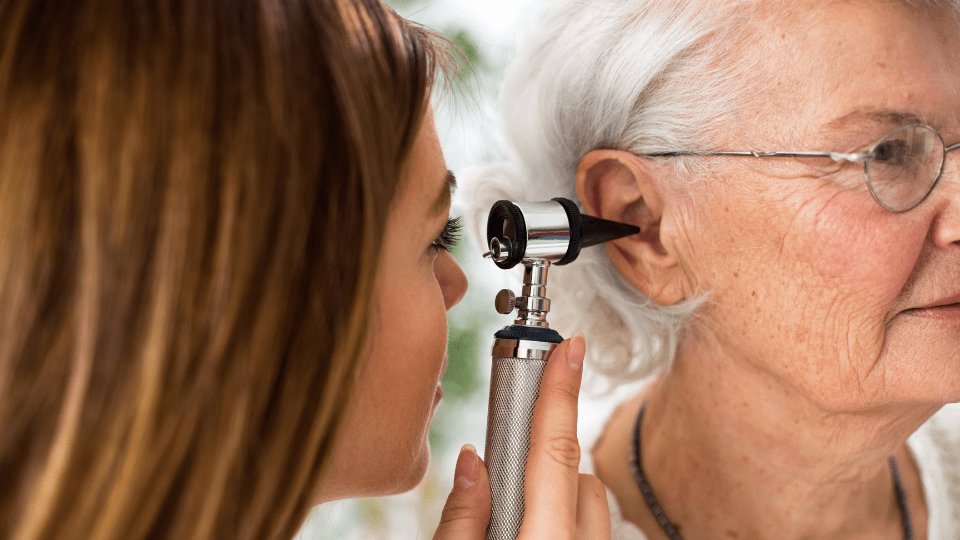Ear wax is a natural substance, and our bodies produce it for a good reason. However, some people experience excess ear wax production. This can lead to blockages — and in some cases, temporary hearing loss. Here’s why we need ear wax, and the safest ways to manage and prevent ear wax buildup.
Why Do We Have Ear Wax?
Ear wax, medically known as cerumen, is produced by glands in the outer part of the ear canal. Its purpose is to repel water, trap dust and debris, and help prevent infections thanks to its natural anti-microbial properties. Without enough ear wax, our ears can become dry, itchy, and more prone to irritation. Typically, our ears produce just the right amount of wax, which naturally dries and moves out of the ear canal. However, some people may experience excess production. This could be due to genetics, working in dusty environments, or having naturally narrow ear canals.
When Ear Wax Builds Up
For some people, ear wax builds up faster than the body can clear it, leading to blockages. This may cause discomfort, pain, infection, or tinnitus (ringing in the ears). Other causes of buildup can include regular use of either hearing aids or earplugs, or an irregularly shaped ear canal, any of which could prevent ear wax from moving out naturally.
If you suspect a blockage or are experiencing symptoms, it’s important to see a hearing care professional. They can assess your ears and recommend the right treatment. Improper techniques can compact the wax further in or potentially damage the delicate eardrum. Whilst some over-the-counter ear wax removal products are available, it’s wisest to seek professional advice before using them.
Common Symptoms of Ear Wax Blockage
You may experience:
- Hearing loss or muffled hearing
- Earache or discomfort
- Tinnitus (ringing or buzzing in the ears)
- Itchy ears
- A feeling of fullness or pressure
- Ear discharge
These symptoms are usually temporary and treatable.
How to Safely Manage Ear Wax
It's important to maintain good ear hygiene without over-cleaning. Avoid inserting cotton buds, hairpins, or other objects into your ear canals - they can push ear wax deeper and cause damage. A professional may recommend:
- Wax-softening drops to help the ear wax fall out naturally
- Removal using a curette, suction or gentle ear syringing
- In rare cases, a referral to an Ear, Nose and Throat (ENT) specialist if the ear wax is severely impacted or other medical risks are identified.
Over-cleaning or using improper methods at home can dry out your ears and strip away their natural defenses. This increases the risk of infection. If you notice changes in your hearing, don’t ignore them, consult a hearing care professional promptly. If you ignore a build-up of ear wax, it may impact your hearing. Always consult a doctor or hearing care professional if you notice a change in your hearing.
Not all ear blockages are the same — that’s why at Audika, our qualified hearing care professionals take the time to assess your ears before recommending treatment. If ear wax is the cause, we can provide safer, expert ear cleaning using professional techniques tailored to your needs. If you need assistance with your ear care, call us on 1800 340 631 or book online here.



